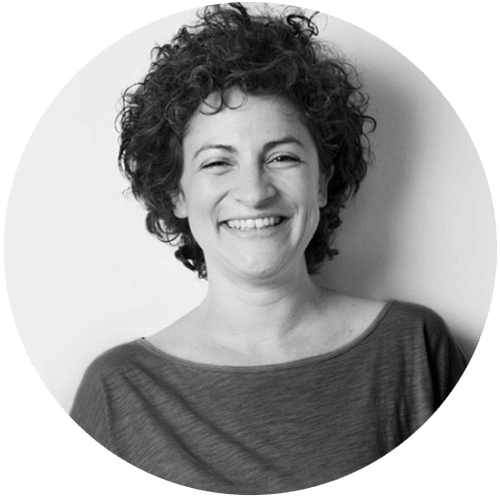
Snøhetta is an active partner within ZEB (The Research Center on Zero Emission Buildings). The ZEB Multi-Comfort House is a cooperation between Snøhetta, Scandinavia’s largest independent research body SINTEF, ZEB partner Brødrene Dahl, and Optimera. The volume of the house describes a single family house, however, the building is intended for use as a demonstration platform to facilitate learning on building methodology for plus houses with integrated sustainable solutions.

To achieve ZEB-OM classification the project is required to document and verify a minimum of 100% CO2 offsetting. Renewable energy production via photovoltaic and solar-thermal panels integrated in the building envelope enables offsetting of carbon emissions generated by the burning of fossil fuels in power stations. By offsetting in this manner we reduce emission of other greenhouse gasses simultaneously. Focus on carbon emissions associated with building materials represents a new direction in the vital drive toward a sustainable construction industry.

Characteristic tilt to the southeast
The house in the garden has a characteristic tilt towards southeast and a sloping roof surface clad with solar panels and collectors. These elements, together with geothermal energy from energy wells in the ground, will serve the energy needs of the family house and generate enough surplus to power an electric car year-round! For this to become a successful reality, architecture and technology must come together and ensure optimization of both comfort and energy use.

Daylight, view, and contact with landscape and outdoor space is reconciled with the need for balancing sealed walls and windows. Heating and cooling is solved passively through placement of glass surfaces, orientation, house geometry and volume, and choosing materials with good thermal characteristics. Materials used on interior surfaces have been chosen on the basis of their ability to contribute to good indoor climate and air quality as well as aesthetic qualities.
Outdoor atrium
An outdoor atrium with fireplace and furnishing opens for outdoor dining from early spring to late fall. A feeling of cabin life, in one of the world’s most advanced family houses, in a room with walls of stacked firewood and bricks.

Landscape
The landscape is formed as a garden where visitors can walk around the building and discover the elements that make this an exceptional family house. The garden has a swimming pool and shower utilizing solar generated thermal heat surplus, a sauna heated with firewood, and storage rooms as shielding from neighbours. A breakfast spot on the eastern side with a view to neighbouring farmland is paved with recycled timber blocks, creating an inviting surface.

Environmental ambitions and design process
High environmental ambitions create new parameters in the design process. New tools are put to use, the academic disciplines work closer together, and the requirements for documentation are more demanding than ever. In particular, the high focus on choice of material in early development phases is new, and it generates innovative design processes on a multidisciplinary level.

The design of such an ambitious environmental project is driven by knowledge of new technologies, local energy sources, materials and building techniques, and other resources at location, as well as intelligent placement and orientation in a way that facilitates optimal utilization of energy resources.
The project has a strong focus on retaining home-like qualities through non-quantifiable properties. Emotive comfort and sense of wellbeing have governed the design process to the same extent as energy demands. The grounds employ a variety of spaces that can be enjoyed year-round, with the inclusion of fruit trees and vegetable gardens to accommodate small scale food production.
Project Details:
Location: Ringdalskogen, Larvik, Norway
Type: Houses
Typology: Zero Emission Demonstration Building
Area: 220 sqm (house), 220 sqm (site)
Client: Optimera and Brødrene Dahl (Saint Gobain)
Architects: Snøhetta
Photographs: Bruce Damonte, EVE, Snøhetta


